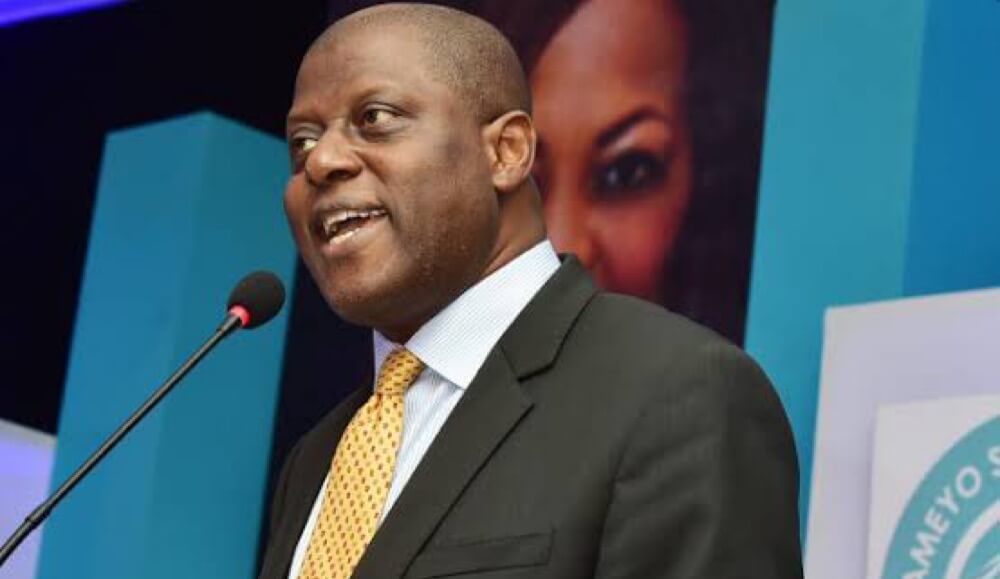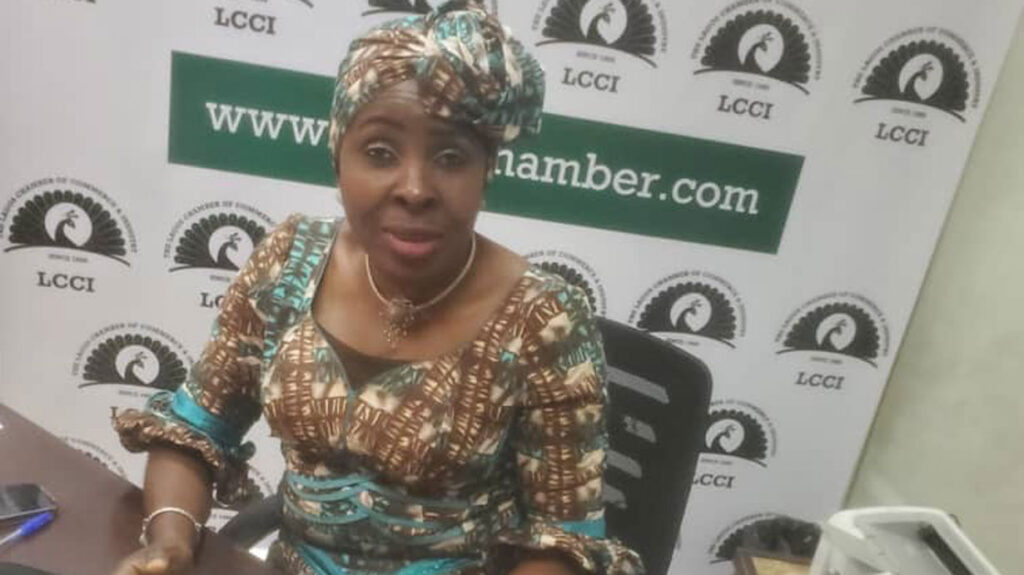
The Governor of the Central Bank of Nigeria (CBN), Yemi Cardoso, has picked inadequate institutional capacity, knowledge gap and poor in-house expertise as major reasons responsible for the failure of projects in West Africa.
Cardoso stated this yesterday at the opening of a workshop on project management, monitoring and evaluation, and said project monitoring mechanisms help to improve intervention strategies.
He said: “Many projects are conceived with passionate cause and compelling vision and therefore, measurement and impact become crucial when it comes to showcasing the change they bring to the intended target. Many institutions lack the capacity, knowledge, and/or in-house expertise to be able to effectively measure project outcomes. What is measured (quantitatively and qualitatively) can be managed and helps improve any intervention strategy.”
He added that measurement articulates the change in more concrete terms and facilitates a better understanding from the donor’s or funders’ point of view regarding how their funds have been used to bring about the desired outcomes and impacts.
Cardoso stressed that through project monitoring and evaluation, organisations collect and analyse data while determining if a project or programme has fulfilled its goals.
The CBN boss highlighted that early detection of problems through monitoring and evaluation helps to prevent waste and abuse of resources.
“The information collected through monitoring reveals gaps or issues that need to be resolved. Without M & E, areas that need to be treated as a priority would not be very clear. In such a situation, resources could easily be wasted in areas that are not very significant for project completion and delivery,” he stated.
Cardoso argued that developing a good monitoring and evaluation plan requires skilled professionals, which strengthens the organisation’s overall capacity.
The Director General of the West African Institute for Financial and Economic Management (WAIFEM), Dr Baba Musa, noted that the success of a project is dependent upon the identification of the defining moments throughout the phases of the project execution.
“This encompasses the life cycle of a project which includes the main phases such as initiation, planning, execution, monitoring, evaluation, and closure. You can perform an evaluation test after every phase to ensure that progress is sustained up to the end of the project.”
He observed that poor management of project outputs and outcomes can result in the objectives of the project not being realised, saying: “Monitoring and evaluation help in this regard as a continuous management function to assess if progress is made in achieving expected results, spot bottlenecks in implementation, and highlight whether there are any unintended effects or risks.”
On what the West Africa subregional stands to benefit from the workshop, Musa said the gathering is expected to equip participants with skills in setting up and implementing projects and how the monitoring and evaluation systems work.
“The main objective of this workshop is to upgrade the knowledge and skills of participants in understanding monitoring and evaluation systems using a result-based management framework. The specific objectives include clarifying key project results levels, developing indicators and targets for each result level, designing a project using a logical framework, and developing and implementing an effective monitoring and evaluation system,” he said.













